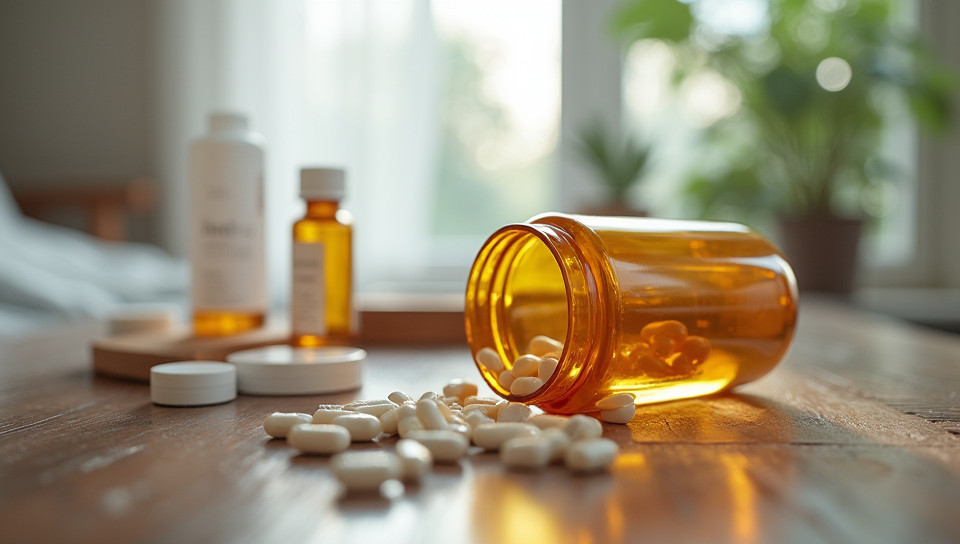Homeopathic product regulation varies worldwide 93%

The Wild West of Homeopathy: A Global Look at Regulation
In the world of alternative medicine, homeopathy is one of the most widely used and debated practices. With its roots dating back to the 18th century, this system of medicine has gained a significant following globally. However, beneath the surface lies a complex web of regulation, varying from country to country.
The State of Homeopathic Regulation
Homeopathic products are available in many countries without a prescription, making them easily accessible to consumers. But what happens when it comes to ensuring their safety and efficacy?
Divergent Approaches
Regulation of homeopathic products varies significantly around the world. Some countries have a robust regulatory framework in place, while others lack even basic oversight.
- Lack of standardization: Homeopathic products often don't meet international standards for quality control.
- Inconsistent labeling: Product labels may not provide clear information about ingredients or potential side effects.
- Limited monitoring: There is no centralized database to track adverse reactions or product recalls.
- Unqualified practitioners: Many homeopaths lack formal education or training, putting patients at risk.
International Comparison
A closer look at how different countries regulate homeopathic products reveals both similarities and stark differences:
EU's Regulatory Approach
The European Union has implemented stricter regulations on homeopathic products. These include: - Ensuring compliance with Good Manufacturing Practices (GMP) - Requiring product labels to list all ingredients - Implementing a system for tracking adverse reactions - Establishing educational requirements for practitioners
US Federal and State Laws
In the United States, regulation of homeopathic products falls under both federal and state laws:
FDA Oversight
The Food and Drug Administration (FDA) has limited authority over homeopathic products. They are considered dietary supplements rather than conventional medicines.
- Products with premarket approval are subject to FDA review
- Manufacturers must follow GMP guidelines
- Labels must list all ingredients, but not necessarily their amounts or interactions
Conclusion
As the demand for homeopathic products continues to grow, it's crucial that governments and regulatory bodies establish clear guidelines to ensure public safety. By acknowledging the divergent approaches worldwide and learning from best practices, we can move towards a more standardized and trustworthy system of regulation.
The wild west of homeopathy needs taming, and it's up to us to advocate for change. By promoting transparency, accountability, and evidence-based practices, we can provide consumers with peace of mind and ensure that the benefits of homeopathy are realized without compromising public health.
- Created by: Susan Gutierrez
- Created at: Jan. 20, 2025, 5:29 p.m.
- ID: 18261







